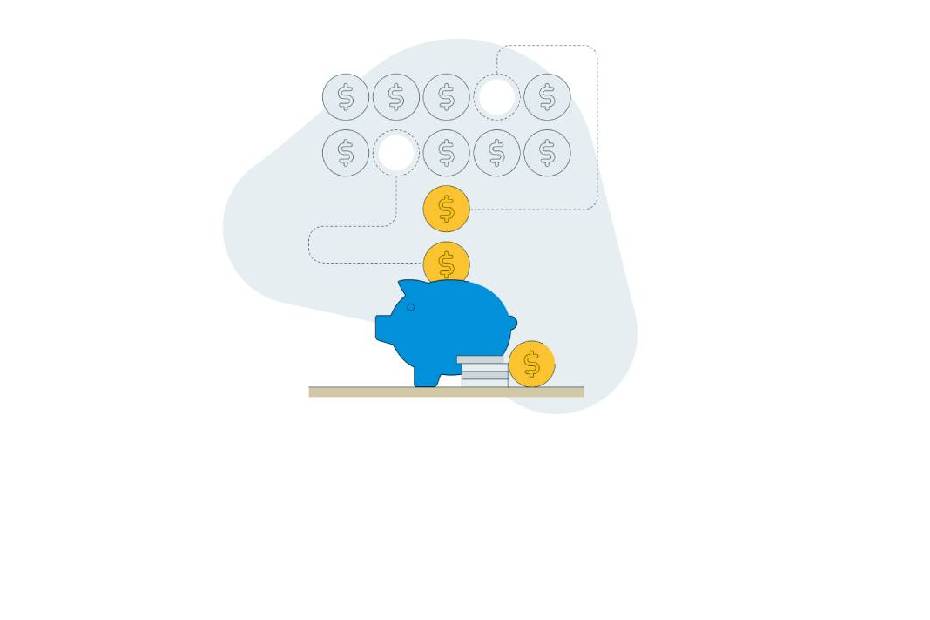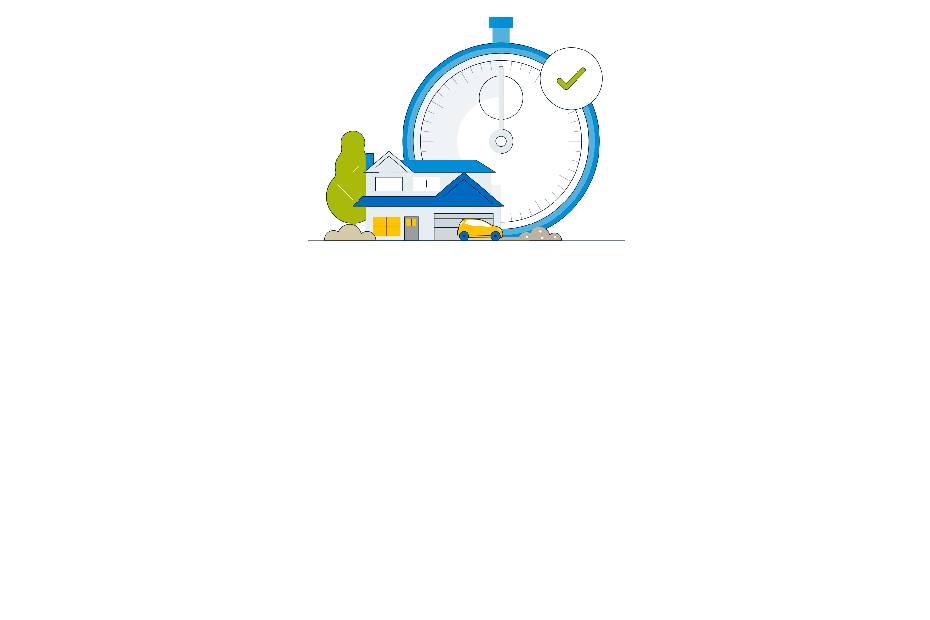While tidying up your home and organizing your life can bring a sense of joy, freedom and control, the same may be said for your finances.
In fact, clarifying your financial life may give you a better grasp of what you have, and set you up for a more enjoyable retirement — especially if you find money stashed away in any long-lost accounts. Did you know that in 2021, the Bank of Canada held approximately $1.06 billion in unclaimed balances from accounts people have forgotten?
It’s never too early to start planning. Here are seven ways to help organize your financial life and find more clarity for your future.
1. Merge bank accounts and purge old credit cards
If you have a number of different accounts from over the years, now might be the time to tidy them up. Keep only the accounts you need — such as one savings account and one chequing account — and transfer any lingering balances in. On a related note, if you can’t remember the last time you used a credit card, get it out of your life — especially if they have an annual fee. Simply call your credit card issuer and ask to close your account. Even if you’re still carrying a balance, you can usually close off the card to new charges while paying it off. Keep one or two cards to maintain your credit score and access to funds.
2. Assess your investment portfolio
When you are starting to save for retirement, you will typically have a mix of investments which is generally made up of your equities (stocks), fixed income investments like bonds and cash (and cash equivalents). As you get closer to your goal, it’s also a good time to take another look at your investment portfolio to assess the risk level and whether it still suits your needs.
Don’t worry if you’re not familiar with investing because you are not alone. Consider speaking to professionals like an RBC Group Advantage Advisor or financial planner for guidance and helpful advice.
3. Consolidate your pension and/or company retirement plans
If you’ve worked at a few places over your career, you might have started a handful of retirement plans, or have a pension in each of those companies. Did you transfer them to other accounts when you left? Where is that money now? Get all your retirement savings where you can see them so you know where you stand.
4. Update your Will
When was the last time you looked at your will? Make sure any changes in your life are reflected in your Will so that the assets you leave behind go to the people and causes you care most about. If you don’t have a will in place already, creating one doesn’t have to be complicated or costly. If your estate planning needs are relatively straightforward, consider using an online will service provider to save some time and money.
5. Review your RRSP beneficiaries
Do you have a new partner? Have you had more children? Life changes so it’s a good practice to review your beneficiaries regularly to ensure that your money goes to the people you intend to receive it.
6. Toss old tax returns
If you become the subject of a CRA audit, the government will go back a maximum of six years to really dig into your finances. So for anything older than that, get out your shredder. Depending on how long you have been storing your old returns, you could be purging a few boxes right here.
7. Right-size your insurance policies
When did you start your home insurance policy? Does it reflect what you have today? Depending on when you first started your policy, you could have considerably more (or less) than you need. It’s also a good idea to check that your auto policy isn’t covering a child who’s long out of the house and that the address, family status, and health status on your life insurance plan matches your current situation.
Once you’ve organized all your accounts, plans and policies, you may want to put all the information on paper so you have an updated snapshot of what you have and what it’s all worth. Although it might seem like it’s too early to plan for retirement, it’s really a matter of reducing, simplifying, and making thoughtful choices to help you achieve clarity and control as you look forward to your second act!
This article is intended as general information only and is not to be relied upon as constituting legal, financial or other professional advice. A professional advisor should be consulted regarding your specific situation. Information presented is believed to be factual and up-to-date but we do not guarantee its accuracy and it should not be regarded as a complete analysis of the subjects discussed. All expressions of opinion reflect the judgment of the authors as of the date of publication and are subject to change. No endorsement of any third parties or their advice, opinions, information, products or services is expressly given or implied by Royal Bank of Canada or any of its affiliates.



















